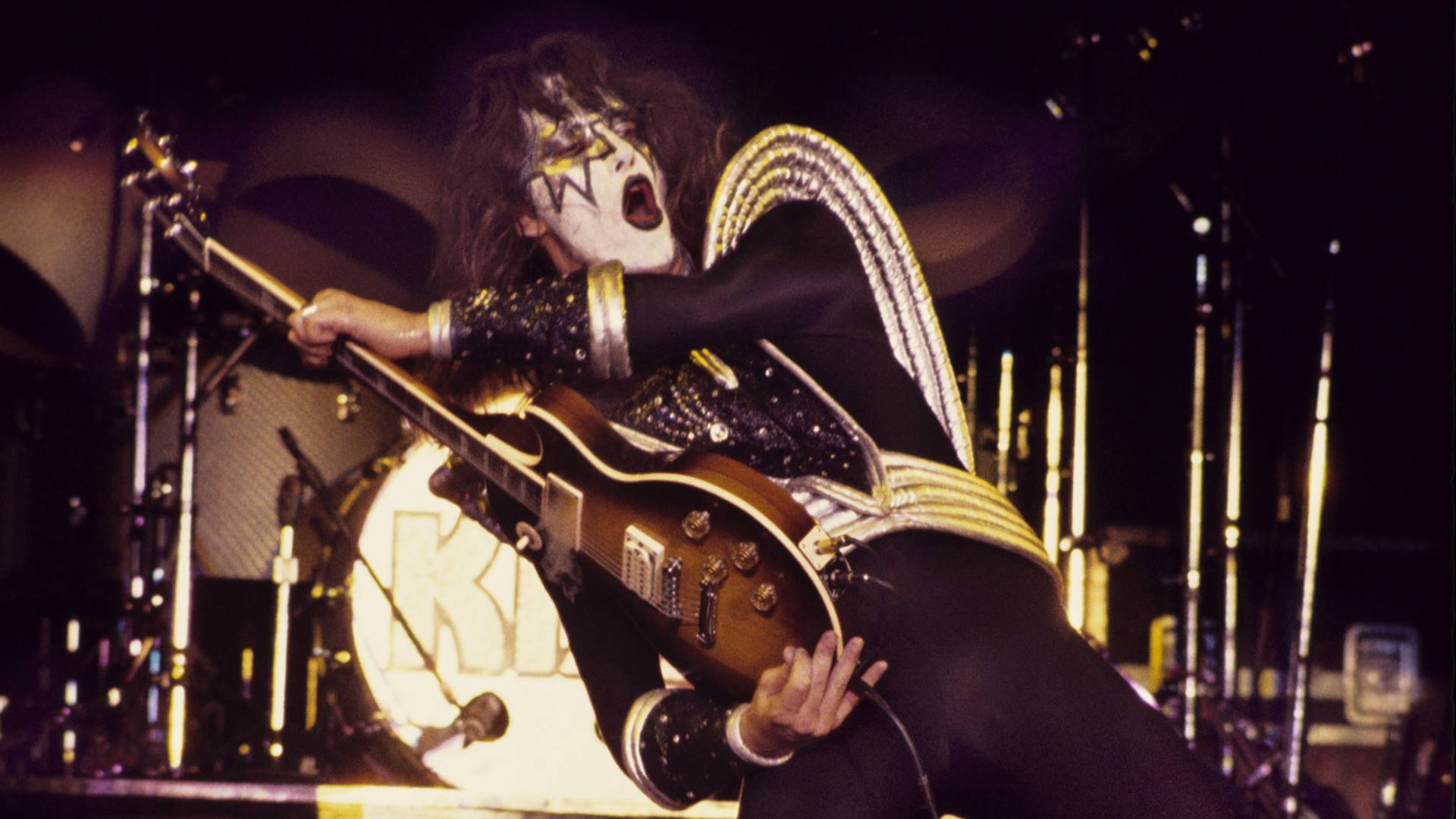The study states that the ability to maintain attention has decreased by 70% in the last two decades alone
With the constant avalanche of information, multitasking, and social media, staying focused has become relatively challenging. According to a survey conducted by American psychologist Gloria Janet Mark, the time people spend on a single screen before switching to another has decreased from 2.5 minutes to 47 seconds over the past two decades.
In a study that used screen capture technology to analyze screen time on mobile devices, researchers at Pennsylvania State University and Stanford University found that the average number of times participants interacted with their phones was 228. Furthermore, on average, each session lasted only 10 seconds. .
What is attention span?
According to Columbia University, in general terms, attention directs consciousness. We can only hold a limited amount of information in our consciousness at a time, so this involves focusing a limited cognitive resource on a specific stimulus or stimuli to the exclusion of others.
“Attention is a multifaceted concept, but when we talk about attention span, we are usually referring to ‘sustained attention’ or ‘attentional perseverance.’ This is the period of time in which we can direct our consciousness towards a certain stimulus – a task, an object, an idea or even a person – without losing concentration,” explains the University article.
Daniel Sandy, Physical Educator at Work and CEO of Pausa Ativa Ocupacional, highlights the importance of managing attention as a limited resource to ensure both well-being and productivity in the workplace and in personal life.
“This is a limited resource and its effective management is key to ensuring good performance and wellbeing. Humans tend to think that concentration problems are related only to that specific moment, but different aspects of life affect the lack of concentration,” says Daniel.
Constant distractions impair attention span
The expert says that constant distractions, such as smartphone notifications, emails, side conversations and personal worries, can reduce your attention span and impair the performance of important tasks.
Additionally, health and lifestyle can also be contributing factors. Excessive stress, fatigue and lack of sleep are some of the reasons that lead to lack of concentration, as well as lack of cardiorespiratory fitness, as Sandy analyzes.
“There are studies that have already carried out consecutive cognitive tasks to analyze participants’ performance. It became clear that 30 minutes is enough to cause a lapse in attention. Cardiorespiratory fitness also has an impact as, in good condition, it is able to filter out distractions,” he underlines.
Recovery strategies
Even in the presence of numerous distractions and well-being factors that affect concentration, it is possible to recover it through specific strategies. Among these, the specialist underlines the importance of organizing spaces and effectively distributing activities.
“Times blocked by demands, organized environments and effective communication of concentration needs are practices that can facilitate a more productive and focused practice. You also need to remember to drink water regularly and eat,” he highlights.
Another effective strategy for optimizing productivity is implementing active breaks during your trip. Studies show that shorter work sessions followed by short breaks are more effective in maintaining high levels of attention and avoiding mental fatigue.
“Active breaks, which involve physical and respiratory movements, can promote a positive reset of the cognitive system, contributing to the renewal of energy and improved performance,” he concludes.
Source: Terra
Rose James is a Gossipify movie and series reviewer known for her in-depth analysis and unique perspective on the latest releases. With a background in film studies, she provides engaging and informative reviews, and keeps readers up to date with industry trends and emerging talents.



![It All Begins Here: What’s in store for Thursday 16 October 2025 Episode 1286 [SPOILERS] It All Begins Here: What’s in store for Thursday 16 October 2025 Episode 1286 [SPOILERS]](https://fr.web.img3.acsta.net/img/7d/99/7d99acbb3327f48a72b40f684092775e.jpg)
-qe1jxfyoo3eh.JPG)




